✼ ҉ حسام الـבین شـ؋ـیعیان ҉ ✼
✐✎✐ وبلاگ رسمے و شخصے حسام الـבین شـ؋ـیعیان ✐✎✐✼ ҉ حسام الـבین شـ؋ـیعیان ҉ ✼
✐✎✐ وبلاگ رسمے و شخصے حسام الـבین شـ؋ـیعیان ✐✎✐سیرة الامام الحسین بن علی بن ابی طالب
ولد الإمام الحسین فی الثالث من شهر شعبان فی السنة الرابعة من الهجرة، فی المدینة المنورة، سمّاه رسول الله حسیناً، وعقَّ عنه کبشاً، وعاش فی کنف جدّه رسول الله حوالی سبع سنین، ومع أبیه أمیر المؤمنین ستًّا وثلاثین سنة، ومع أخیه الإمام الحسن ستًّا وأربعین سنة، وکانت مدة إمامته عشر سنین وأشهراً.
Al Hossein naquit le troisième jour du mois de Châ'abâne de l'an 4 après l'Hégire.
Dés sa naissance, une dame du nom de Assmâ porta l'enfant au Prophète (P). Ce dernier le regarda longuement puis se mit à pleurer. Devant la dame interloquée et suppliant le Prophète (P) de lui expliquer la raison d'un tel épanchement, ce dernier lui révéla que l'enfant qu'elle venait de lui mettre entre les bras allait être un martyr de l'Islam. Al Hussein (P), disait le Prophète (P) sera tué par des dissidents ignobles et dévergondés en faveur desquels, assura-t-il, il n'intercédera point.
Al Hussein (P) reçut du Prophète (P) les mêmes sacrements que ceux reçus par son frère à sa naissance (l'azan et l'iqâma dans les oreilles, le rasage, le don d'une certaine quantité d'argent, etc.).
Comme son frère Al Hassan (P), Al Hussein (P) bénéficia auprès du Prophète (P) d'une éducation très riche et sans faille, sous-tendue par une instruction tout aussi vaste que dense embrassant tous les domaines de la Connaissance. Il grandit dans le même amour infini du Prophète (P).
A l'âge de 7 ans il perdit son père le Prophète de l'Islam (P) mais retrouva cet autre illustre père qu'était l'Imam ‘Ali (P). Ce dernier prit donc en charge de continuer à parfaire l'éducation de ses enfants Al Hassan (P) et Al Hussein (P) qui, ne n'oublie pas, étaient désignés par Dieu pour être des Imams comme l'avait déjà annoncé le Prophète (P).
C'est ainsi que le père (‘Ali) et les deux enfants (Al Hassan et Al Hussein) furent éduqués par la même personne : le Prophète (P) à la fois cousin et beau-père pour l'un mais aussi père et grand-père pour les autres. Dieu assurait ainsi la pérennité de Ses Enseignements à travers une Sainte Lignée, celle des Descendants du Prophète (P) dont l'éducation était l'œuvre de Dieu Lui-même à travers les mains du Prophète Mohammad (P) , le meilleur de tous les êtres que Dieu a créés.
Après la mort de l'Imam ‘Ali (P) et l'empoisonnement de l'Imam Al Hassan (P), il revint à l'Imam Al Hussein (P), à l'âge de trente ans, de prendre la lourde responsabilité de conduire la Umma sur le chemin de la Perfection.
L'héritage était encore une fois très lourd à porter. En effet Moâwiyah avait imposé Yazid son fils aux différents dignitaires de la région - sauf à Médine - en leur demandant de lui prêter allégeance de gré ou de force. Or l'histoire nous apprend que Yazid était une personne sans scrupule qui n'avait que trois passions : l'alcool, la femme et la chasse. D'ailleurs l'annonce de la mort de son père le trouva en pleine séance de chasse.
Dés son accession au pouvoir en remplacement de son père, Yazid demanda à son représentant à Médine, Walid Ibn Oth'ba, de dire à Al Hussein (P) de lui prêter allégeance. Et au cas où il refuserait l'ordre était donné à Walid de lui trancher la tête et de la lui envoyer.
Walid convoqua Al Hussein (P) une nuit pour lui faire part des ordres qu'il avait reçus de Yazid. Al Hussein (P) demanda d'abord de réserver sa réponse pour le lendemain en plein jour vu l'importance de la question. Puis en réponse à l'énervement de Marwâne Ibn Hakâm - qui conseilla à Walid de ne pas laisser Al Hussein (P) sortir de là-bas vivant sans avoir atteint son objectif - Al Hussein (P) dévoila tout ce qu'il pensait en son for intérieur. Il dit : « Quelqu'un comme moi ne prête pas allégeance à quelqu'un comme Yazid car nous sommes la Maison de la Révélation, la Source de la Connaissance,...».
Sorti de ces lieux, Al Hussein (P) qui savait alors que sa vie et celle des membres de sa famille et de ses partisans étaient menacées, décida d'émigrer vers la Mecque. La ville sainte était en effet le seul endroit où les arabes, même avant l'avènement de l'Islam, évitaient toujours de verser le sang.
Une fois arrivé à la Mecque, Al Hussein (P) envoya son cousin Muslim Ibn ‘Aqîl, comme messager en Irak, plus précisément à Koûfa, pour vérifier si l'état des consciences dans cette contrée lui était encore favorable. Rappelons que la ville de Koûfa était la base de son père ‘Ali (P).
Plusieurs milliers de lettres lui parvinrent de Kûfa, l'invitant à venir s'y établir. Ibn Ziad, le représentant de Yazid à Koûfa, ayant appris que Muslim Ibn ‘Aqil avait été envoyé en éclaireur en Irak, le fit tuer avec son hôte Hâni Ibn Urwa ainsi que d'autres partisans. Après avoir commis un tel forfait, Ibn Ziad ferma les portes de la ville. Il interdit mais aussi découragea toute velléité de révolte en faisant croire aux populations que l'armée de Yazid avait encerclé la ville et était prête à réprimer dans le sang les désobéissants. Tout ceci afin d'éviter que l'assassinat de Muslim ne s'ébruitât ; ainsi pour Al Hussein (P), la ville de Kûfa était toujours prête à le recevoir.
Conforté par les nouvelles qu'il avait reçues de Kûfa, Al Hussein (P) se mit en route pour cette ville en compagnie de sa famille, de tous ses partisans et des membres de leur famille.
Arrivé à Karbala, il rencontra l'armée envoyée par Ibn Ziad et dirigée par Hûr Ibn Yazid Ar-riyahi et ‘Umru Ibn Sâ'ad.
Ils furent encerclés par cette armée plusieurs jours durant. Toutes leurs provisions étaient déjà épuisées et donc les hommes affamés et assoiffés, lorsque le 10 du mois lunaire de Muharram, Ibn Sa'ad et ses soldats s'abattirent sur le fils du Prophète (P) et les membres de sa famille. Ils furent tous massacrés avec une extrême cruauté. Les chevaux de l'ennemi piétinèrent le cadavre décapité de Al Hussein (P) tandis que les femmes, attachées derrière les chevaux étaient violemment traînées et humiliées à travers plusieurs villes. Un seul fils adulte d'Al Hussein (P) échappa à l'horrible tuerie : Ali Ibn Al Hussein (P) plus connu sous le nom de Zein El-Abedîne, qui était malade.
Zeynab (P), la sœur de Al Hussein (P), fut horrifiée et pleine de compassion et de tristesse en voyant la tête décapitée de son frère suspendue à la pointe d'une lance. Elle fit un poème fort poignant que nous préférons vous transcrire en arabe avant de tenter de le traduire :
« mâza takhûlûna iza khâlâ nabi yulakum
mâza fa altum wa antum akhîrul umamî
bi hit'ratî wa bi hah li bâ'da muf takhadî
mine hum ussâra wa mine hum daraju bidami
mâkâna hâza jazâ'i iz nassakhtu lakum
antukh li fûnî bi su'ine fî dzawî rahîmi
înî la afchâ aleykum an yukhmala bikum
mis'lal azâbi lezi yakh ti alal ûmami."
Que direz-vous lorsque le Prophète (P) vous demandera,
Vous le peuple qu'il a laissé derrière lui,
Qu'avez-vous fait de ma descendance et de ma famille après ma mort ?
Parmi eux des prisonniers de guerre et des corps baignant dans leur sang
Lorsque Yazid reçut la tête tranchée de Al Hussein (P), il fit un poème dans lequel il dit :
« La tribu des Hâchimites (celle du Prophète) s'est amusée avec le pouvoir. Il n'y a eu ni nouvelles, ni révélations venues de Dieu. Je regrette que mes ancêtres morts à Badr ne soient pas présents en ce jour de gloire. »
La nouvelle de la mort de Al Hossein (P) se répandit à la vitesse du son. Et ses ennemis de répandre des commentaires dénués de tout fondement sur le martyr. Reprochant à Al Hussein (P), auprès de qui voulait les entendre, de s'être intéressé à la politique au détriment de la religion en allant jusqu'en Irak pour former une armée et combattre Yazid.
Cependant la sœur de Al Hussein (P), Zeynab (P), mena tout le long du parcours sur lequel on les traîna, elle et ses sœurs, une campagne d'explication des nobles desseins de Al Hussein (P). Elle le fit dans de mémorables discours qu'on peut trouver notamment dans plusieurs ouvrages.
L'œuvre magnifique et surtout le sens du sacrifice du frère de Al Hassan (P), fils de Ali (P) et de Fâtima (P) et petit-fils du Prophète (P), sont restés si longtemps mal compris et expressément déformés par les Omeyyades que certaines traditions qui nous sont parvenues le présentèrent tel que le décrivirent ses assassins.
Or donc Al Hussein (P) n'était allé à Kûfa que dans le but de préserver ses partisans et surtout le lourd héritage qu'il avait reçu de son frère. Les preuves en sont nombreuses :
- Il est parti avec les femmes et les enfants donc il n'avait nullement l'intention d'attaquer qui que ce soit.
- Ses partisans de Kûfa l'avaient invité avec beaucoup d'insistance à venir rester auprès d'eux afin de continuer l'œuvre de ses prédécesseurs : le Prophète (P), Ali (P) et Al Hassan (P). A ce propos, des personnes qu'il avait rencontrées alors qu'il était presque arrivé à destination lui dirent ceci : « Le cœur des gens de Kûfa est avec toi mais leurs sabres sont sur toi. ». Hélas il était trop tard.
- Sachant qu'il était l'Imam qui devait rester « debout » et confirmant en cela la prédiction du Prophète (P), il n'avait aucune autre alternative que celle d'agir. Car sa mort est une action posée contre les ennemis de l'Islam, une preuve d'amour pour ses partisans et surtout pour la cause de l'Islam. En effet elle provoqua au sein de la Umma une réelle prise de conscience du poids de la charge (Al Amana), et mit à nu toutes les déviations et autres perversions des Ommeyades. Cela eut pour conséquence la renaissance de l'Islam vrai et donc sa conservation à travers la Sainte Lignée du Prophète (P) qui se perpétua avec Zein El Abédine (P) que Dieu avait miraculeusement protégé du massacre de Karbala.
Sous la tente où Zein El Abédine (P) était alité, Al Hussein (P) lui avait légué le pouvoir qu'il détenait et lui avait transmis, comme l'ont fait ses prédécesseurs, la liste des Imams qui auront à lui succéder.








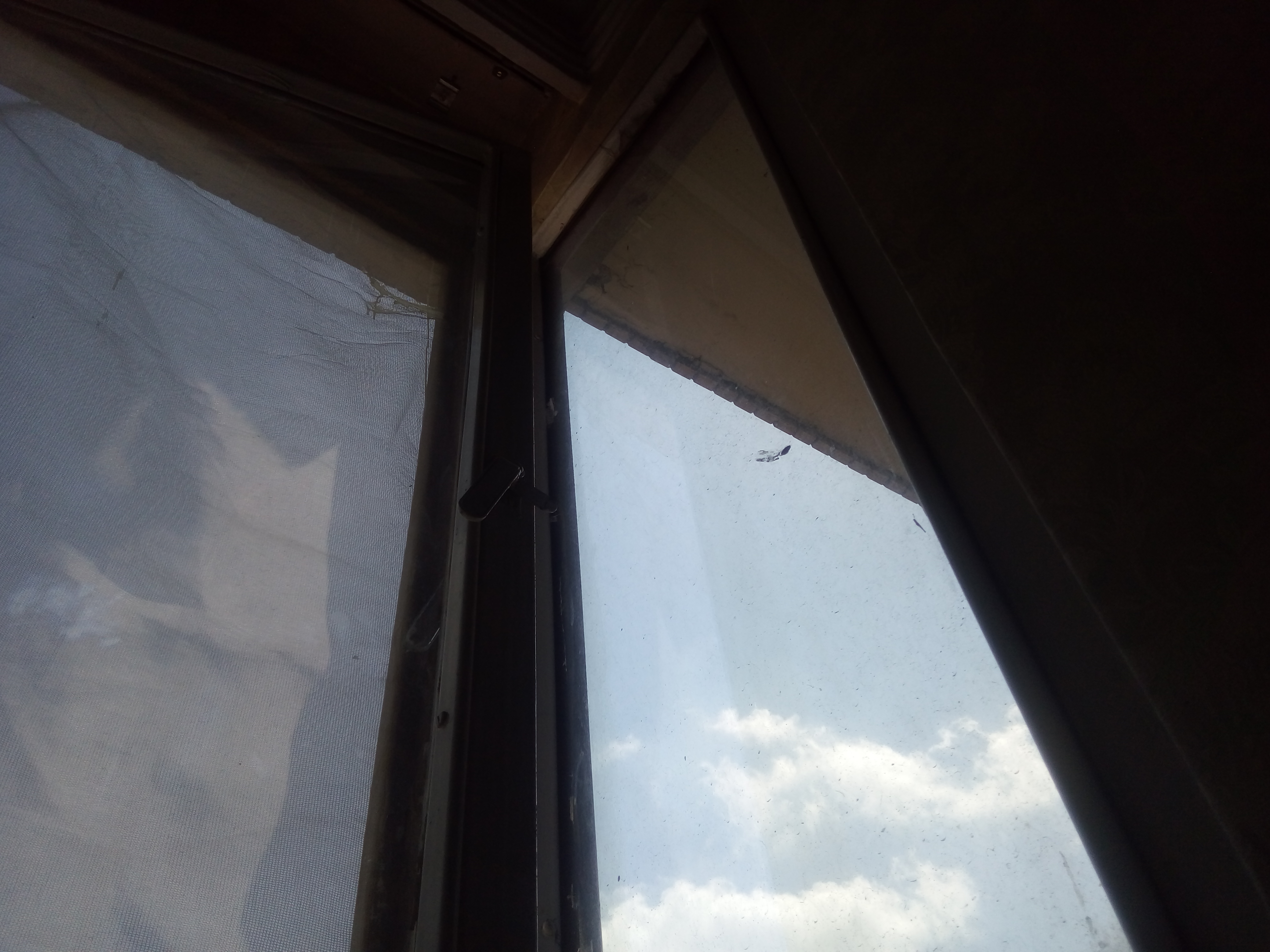





سیرة الامام الحسین بن علی علیه السلام


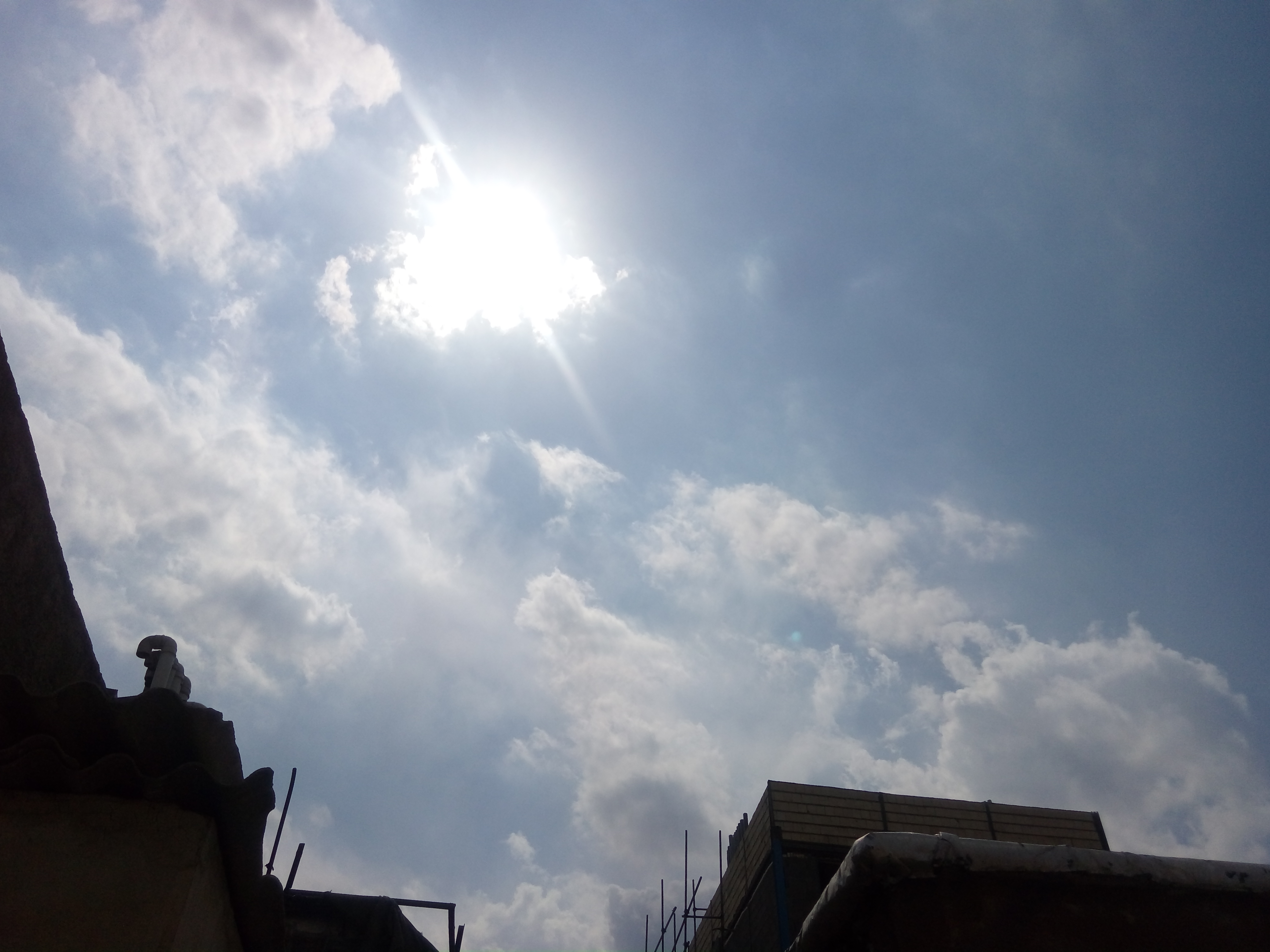



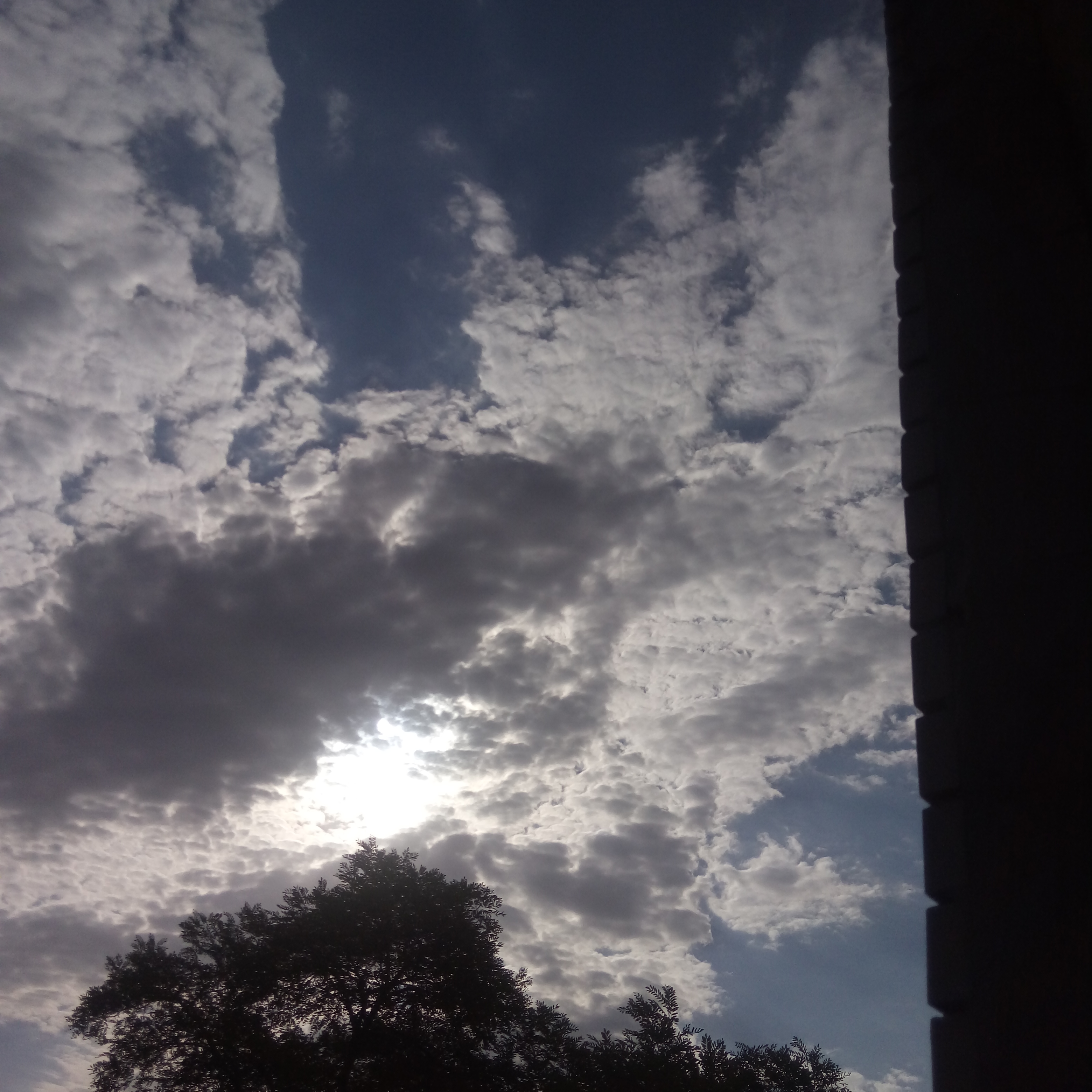
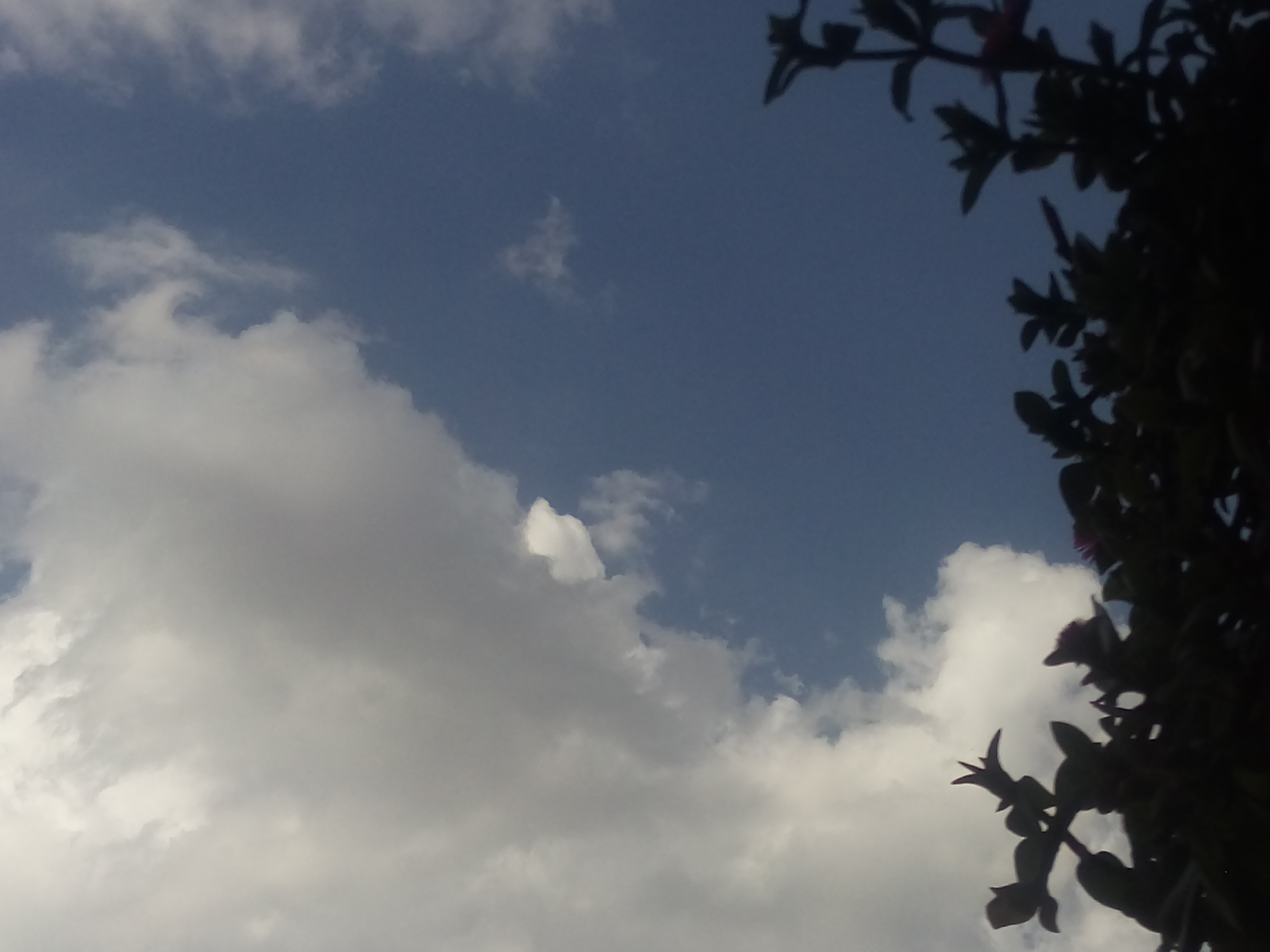


إن حیاة الأئمة علیهم السلام کلها حیاة جهاد وتضحیة فی سبیل اللَّه عزَّ وجلَّ ولا یمکن أن نستثنی أحداً من هذه الحرکة المبارکة لأن مفهوم الجهاد یتقوم بأمرین:
Imam Husayn
An unusual question so it seems. But when the Imam replied that they were indeed on the Right Path, his son’s reply was again typical of this family of the Prophet. Father, when we are on the Right Path,” we have no worries whether death takes us or we fall upon death”.
The young son of the Imam was satisfied as long as their Paths were Right. Death meant nto them for they were fully aware that death of this kind trans forms into the glory of martyrdom.
Their Thirteenth Manzil was Nainawah. At this place a messenger from Ibn Ziad the Governor of Kufa came to meet the army of Hur and told them not to leave the Imam and his party under any circumstances. The battered Caravan passed through Ghaziriyah and arrived at a place by the river Banks of the Euphretes.
Imam asked the name of this place and he was told the name “KARBALA’”. Imam replied, this is the place of Kerbin-wa-bala, i.e. the place of torture and pain. Let us stop here, Imam ordered to dismount. We have reached our destination. Tents were pitched near the River Bank. The date was 2nd of Muharram 61 Hijiri (3rd October 681 AD).
Hurr’s soldiers surrounded the Imam’s camp. but no one knew what was going to happen until two days later on the 4th of Muharram that another contingent of 4000 men arrived from Kufa. The next day Shimr arrived with another 10,000 men to fight an army of about 40 people, among them were men of over 80 and children of 13 and 11 and even a 6 month old baby, the youngest son of the Imam who was only a month old when Imam left Madina in the Month of Rajab 5 months ago.
Shimr ordered the Imam and his entourage to leave the River Bank and pitch their tents away from it. Imam’s brother Abbas and others refused,but Imam told them to move the tents. The tents were moved about 200 yards away from the River Bank and the river was immediately occupied by the soldiers of Yazid newly arrived from Kufa.
Next day 7th, All water supply was stopped for the Imam’s party and soon the cry of thirst heard from the children in the camp. ~Whatever water they would have stored was finished within a day and by the 8th there was no water left in the camp. In the scorching heat of the desert even a few hours without water was impossible yet for three days these people were without water.
On the afternoon of the 9th, Yazid’s army moved forward in a formation of attack. Imam was informed and he sent Abbas and ‘Ali Akber to enquire about this. The reply was that orders were from Kufa to commence fighting and finish off with the family of the Prophet. Imam asked them to give them a stay of one night for they all wished to spend their last night in meditation and prayers to God.
The night was dark and horrible, flickering lights from the Camp of the Imam was showing few people busy in prayers. The sound of their prayers in unison was coming out of the camp as if Honey bees were busy to build their nest. Whereas on the enemy side music and dancing had gone on all night. Many soldiers from Yazid’s army saw this difference and realized in awe who was on the path of God and who was not.
When no one moved Imam asked that the candles should be put off, in case some of them were ashamed to show themselves running away from the Imam. The Imam also said that he was taking away the burden of the Oath of allegiance from them and made them free to go. “Take few of my relations with them” But when the candles were lit again, all were there, no one moved.
One of the older companions named Muslim Ibn Awsajah came forward and declared that they were all one solid rock to fight for the Imam. If they were killed 70 times and then were made alive again they would still prefer to achieve martyrdom with the Imam rather than live with the oppressive rulers like Yazid.
Morning appeared and before Sunrise ‘Ali Akber gave the Azan and all of them completed their morning prayers behind their Imam.
Imam made his brother Abbas as the flag bearer of the tiny army of 70 persons in all when all of a sudden two more soldiers defected from Yazid’s army. One was Hur who was the leader of the contingent who brought the Imam’s party to Karbala’ and also his son. Both of them arrived with their hands tied to apologize to the Imam for what they had done and asked his permission to fight for them and become first martyrs.
Imam did not give orders to commence fighting until arrows came from the enemy camp. Then Hur went out to fight. Overwhelmed by the numbers on the other side, he soon died. His son went and he also died.
Then one by one each companion of the Imam went and died until Zohr time when Saeed ibn Abullah al Bijilly came forward and informed the Imam that it was prayer time for Zohr. Battle was raging, arrows were coming towards the Imam’s camp, how could they have formed lines for prayers.
But they stood in single foil to perform their last prayers while two companions of the Imam Saeed and Zohair stood in front of this line to hold back all the arrows that were coming towards them. Once the Imam finished the last words of the prayers these two soldiers died of exhaustion. The Last of the companions of the Imam died and only the relatives remained.
First to go was Imam’s son ‘Ali Akber who fought bravely but thirst for three days was the most important factor in the fall of these martyrs. He was also killed and then Imam’s nephew Qasim went and was killed. Then four of his brothers, Osman, Jafar, Abullah and Abbas were killed. Imam then brought his 6 month old son ‘Ali Asgher. He brought him in his arms under the shade of his cloak. He told the audience, "this baby has not done any harm to you.
He is thirsty, give him some water." The Commander of Yazid’s army ordered Hurmula who was the best marksman to kill the baby. Hurmula pulled the bow and the arrow killed the baby instantly. Imam brought the baby near the camp, informed his mother of the martyrdom of the baby. He then buried the baby in the sand. Afterwards Imam himself went for battle.
But before that he introduced himself again that he was the grandson of the Prophet in case anyone had any doubts about him and that his guilt was only to refuse to accept the Oath of allegiance of the Tyrannical ruler Yazid.
The enemy was thirsty for the blood of the Imam, they were blind in their eagerness to kill the last of the family of the Prophet. They fell upon his injured and tired body like blood hounds and soon the Imam was also killed. The battle ended in one day.
The evening of the 10th was the darkest for the women and children of the family of the Prophet. Camps were set alight and burnt, their possessions were looted. It was Late at night while they were huddled together waiting for further tortures from the enemy side, that they saw the wife of Hur coming towards them with food and water.
They were hungry and thirsty but none of them was keen to take anything, not even the youngest of the children. Imam Husayn’s youngest daughter Sakina took the tumbler of water and ran towards the open field. Her aunt Zainab asked where was she running to and she replied, her little brother ‘Ali Asgher was thirsty, she was taking some water for him, not knowing that little ‘Ali Asgher was already dead, being the victim of Hurmula’s arrow.
Night passed and the morning came with more pain and grief when they saw that the bodies of the enemy were buried but the grandson of the Prophet with all his sons and brothers and companions lie unburied on the desert sand. The Women and children were taken prisoners with the ailing son of Imam, the 22 year old ‘Ali, leading this battered caravan towards Kufa as the Imam of the family. He was now the 4th Imam.
The Bodies of these Martyrs were buried on 3rd day by tribesmen of Bani Asad, guided by the fourth Imam who was with them miraculously while in prison in Kufa




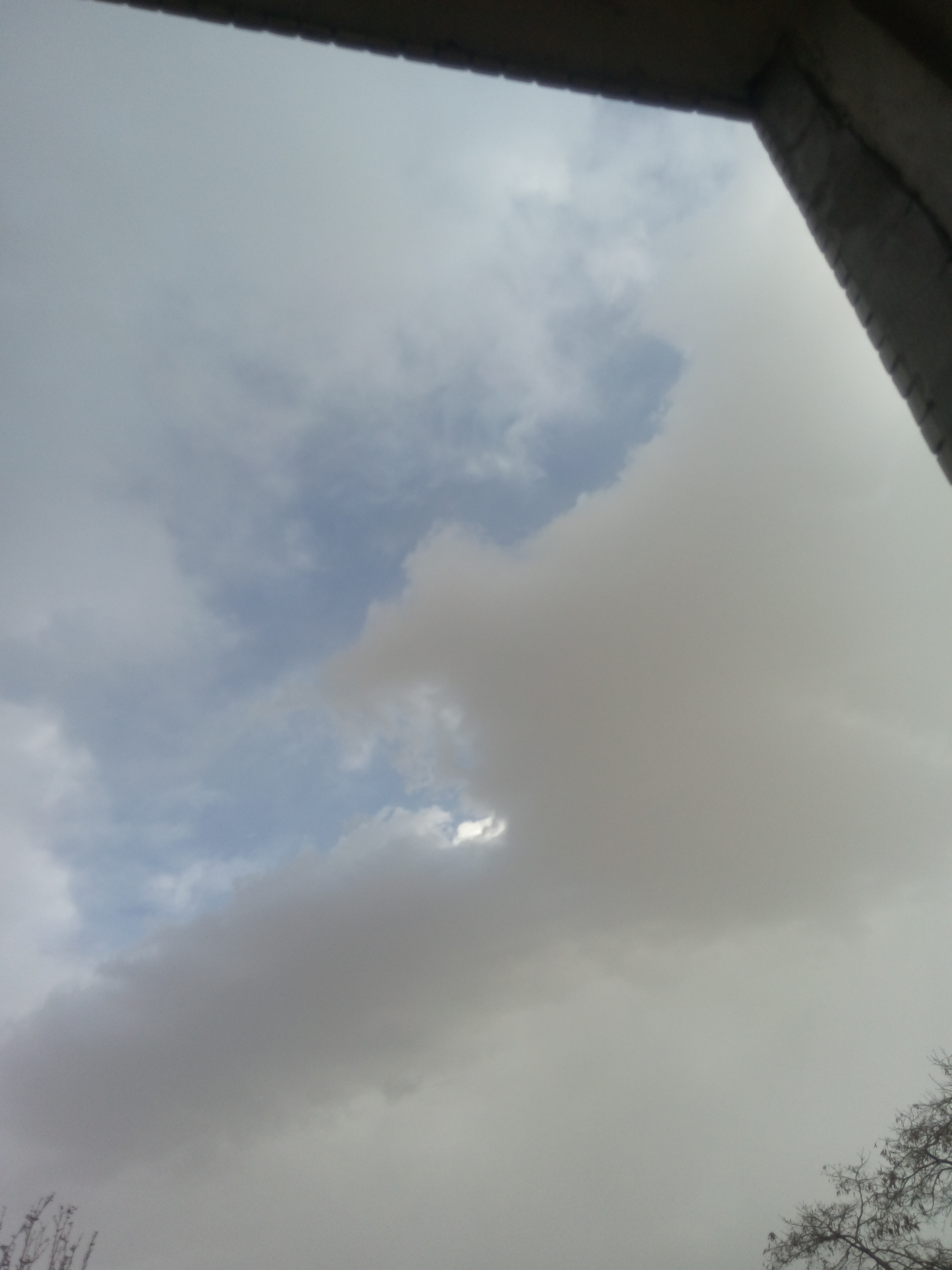
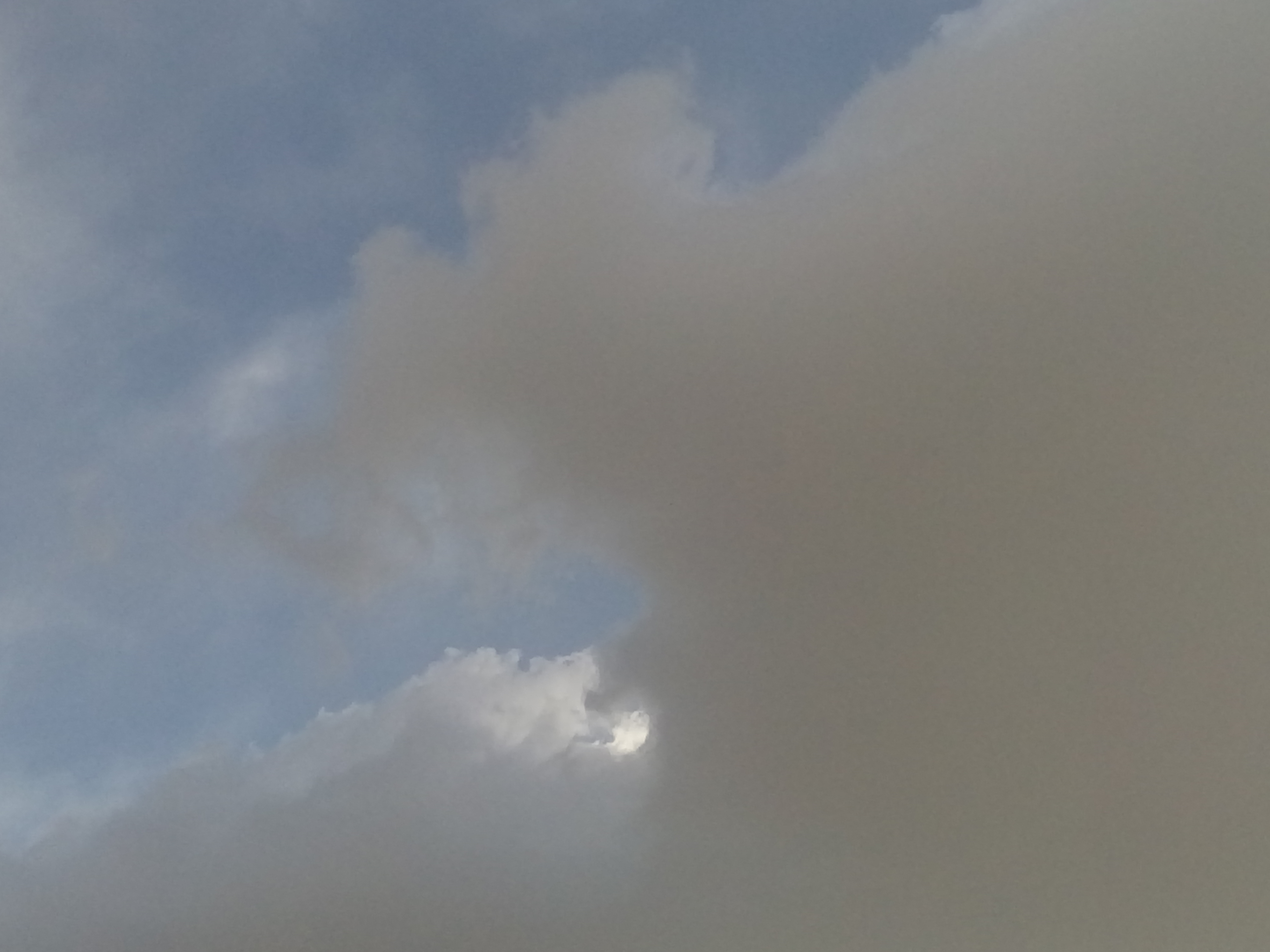
















امام حسین علیهالسلام-Imam Husayn
He made no attempt to meet Yazid’s military might with his own martial strength. He built no hopes on numerical strength for the success of his cause which was entirely the cause of Islam and saving Islamic values. Imam decided to battle with Yazid on the spiritual plane, to oppose Yazid’s might with his nobility of character, confront power with powerlessness, meet multitudes with want of material support and defy oppression with suffering and martyrdom.
There were 14 places in all where the Imam was known to have passed during this journey.
The first place was called Saffah. Here the Imam stayed for the night. The next morning when he was preparing to leave for his next Manzil that he met the famous poet Farazdaq who was coming from Iraq and was going to Makka for pilgrimage.
When he learnt that Imam was proceeding for Iraq he tried to persuade him not to go there. Imam asked Farazdaq about the conditions in Kufa and the poet replied,” People’s hearts are with you but their swords are against you.” Imam told him, “Allah does what he wishes, I leave it to Him who proposes the just cause”. Farazdaq left the place for Makka and Imam’s caravan proceeded towards its next Manzil. The 2nd Manzil was Dhatul - Irq.
The 3rd stage in the Imam’s journey was the small town called Batn-ur-Rumma. From here the Imam sent a letter to one of his friends in Kufa asking about the situation there. Qais Ibn Mushahir took the letter for the Imam. He also met Abdullah Ibn Mutee who was also coming from the troubled land of Iraq.
He also tried to persuade the Imam not to proceed any further. He said that Kufans were not faithful to anyone -” Al Kufi La Yufi “- they could not be trusted. But Imam continued with his fateful journey with the same words that his destiny is in the hands of Allah.
The 4th Stage of Imam’s journey took him to Zurud. This was a small town just over the hills of Hejaz separating from the province of Najd. From here the mountains change into arid desert. At this place Imam met Zohair Ibne Qain. Zohair, until that time, was not the follower of Ahlul-bayt.
What was written in the note is not clear, but Zohair told his friends to take his wife and children back to his tribal lands, and he himself set out to join the Imam and his caravan.
Here it is important to mention that when the Imam was leaving Makka he was trying to persuade the hordes of people who wanted to come out with him, to go back to their homes.. Imam was telling them that there is no reward of worldly goods at the end of the journey. But at the same time he wrote letters to some people inviting them to accompany him to the end of his journey.
One of them was Zohair as mentioned above. Imam wrote another letter to his childhood friend Habib Ibn Mazahir al -Asadi in Kufa inviting to join him in his journey of destiny. Habib was an old companion of the Prophet, was much o then the Imam. Some historians mention Habib’s age at 82.


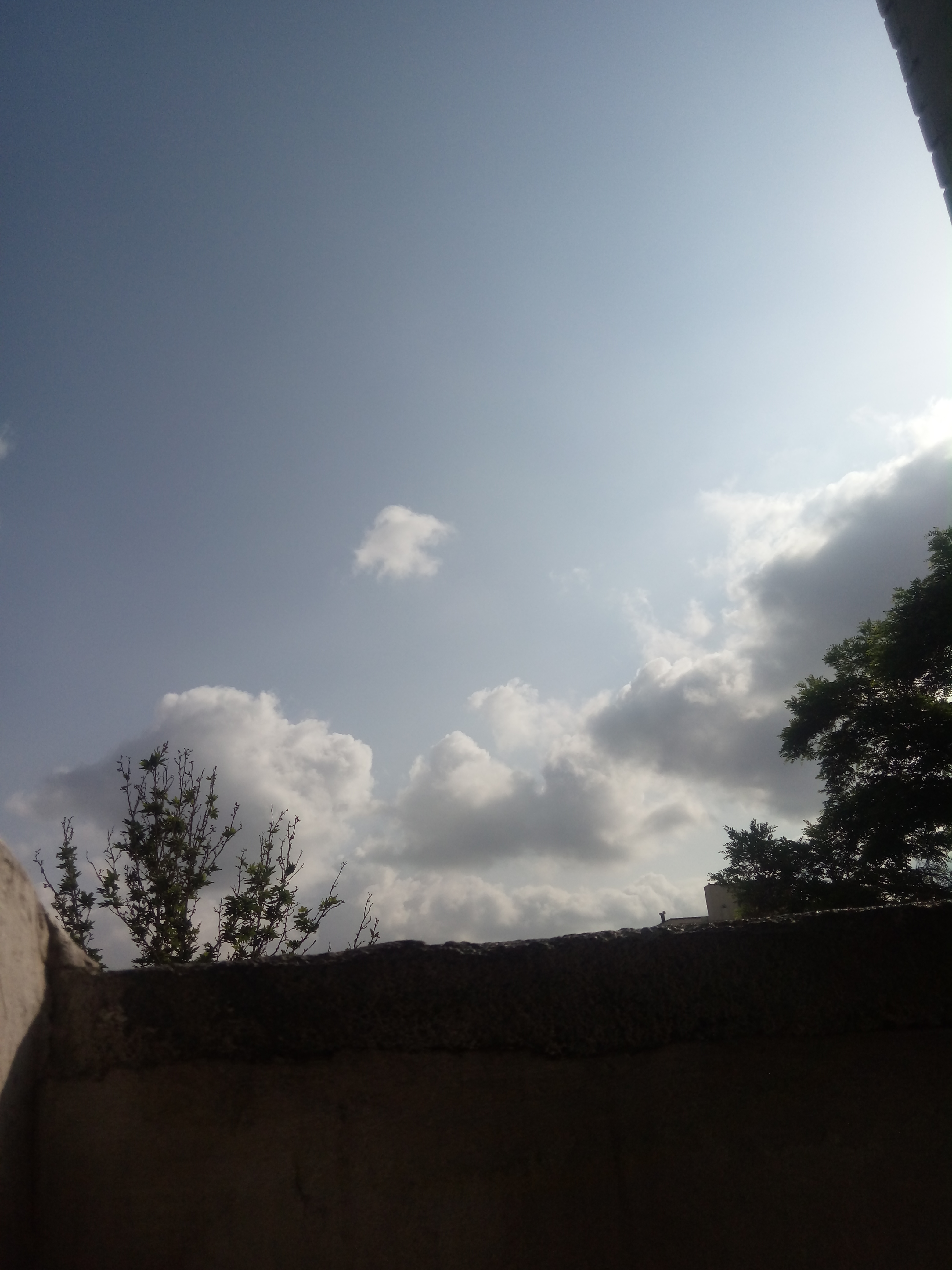








The Third Imam, Husayn Ibn ‘Ali (as)-Husayn ibn Ali-امام حسین (ع)
The man insisted, if this be not available, what then, Imam replied,” Wealth accompanied with generosity”. What if this is out of reach, Imam said, “Poverty allied with patience”. What if this be not practicable?, Imam smiled and said, let the lightening consume the man to ashes. He then gave whatever money he had with him to fulfill his needs.











